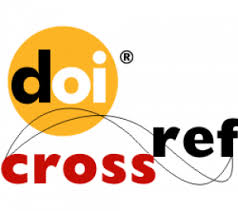E3 Journal of Business Management and Economics
E3 Journal of Business Management and Economics Vol. 3 (8) pp. 283-300, August 2012; © E3 Journals; ISSN 2141-7482
Trade response to economic shocks in Indonesia
Tulus T.H. Tambunan1 *1 Center for Industry, SME and Business Competition Studies, Trisakti University
*Corresponding Author E-mail: sjahrir@rad.net.id
Accepted 6 August 2012
Abstract
As an open economy, Indonesia is vulnerable to external economic shocks. In the past 14 years, the country has been hit by two big external economic crises, i.e. the 1997/98 Asian financial crisis and the 2008/09 global economic crisis, and currently it is facing the euro-zone debt crisis. This study, based on secondary data analysis, aims to examine Indonesian external trade response to these crises. The findings may suggest that trade response to an external economic crisis will depend on how the crisis affects exporting and importing firms, and the effects on the firms, in turn, will depend on the nature/type and main channels of the crisis. Obviously, as this study argues, there is no “homogenous trade response’ to different types of economic crises, at least in the short-run (i.e. initial effects).
Keywords: Keywords: Economic crises; Asian financial crisis; Global economic crisis; Indonesia; EZ crisis.
[Download Article - PDF]




